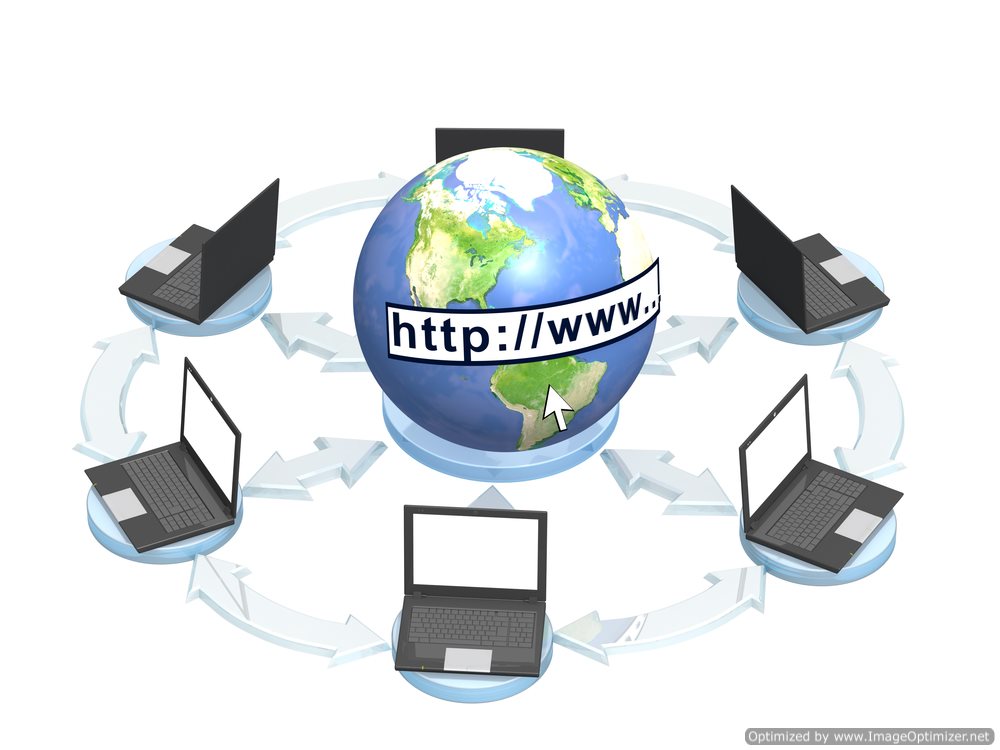7 Ways a Backlink Building Service Can Help Lawyers

7 Ways a Backlink Building Service Can Help Lawyers
New changes to Google's search ranking algorithms called Penguin have impacted about 65 percent of marketers worldwide. In the post-Penguin era, quality backlink building services are among the best ways to improve where your law firm appears in search engine results. A professional backlink building service can help your website become more visible in search rankings in several different ways—keep reading this guide to find out some of those ways, and how each one can change the way search engines see your law firm's website.
Finding New Places to Build Backlinks
Many of the online tools that used to be very effective in improving search rankings are no longer effective after Google's recent algorithm changes. That's because those changes affect the listing status of some websites that were commonly used by backlink building services. Instead of considering these websites' backlinks equal to those from other websites, Google now considers them to be worth very little or nothing. In some cases, if a backlink building service has clearly abused these websites to improve search rankings, Google will de-list the website completely.
If your favorite backlink websites have been de-listed, it's time to talk to backlink building services. Today, just about any backlink building service that is still in business has had to adapt to these changes. Backlink building services will be able to identify places where your links will be quality content, rather than spam.
Building Backlinks with Directory Entries
It surprises some people that directory entries are still considered a valid way to build backlinks, but maybe it shouldn't. After all, as long as a directory is high quality, directories serve to organize information in a very user-friendly way.
Creating directory entries can be repetitive work that isn't very creative. Backlink building services can take this boring chore off your hands, freeing you up to create new marketing content or otherwise attend to your law firm's other business needs.
Some of the directories that your backlink building service uses may be big, worldwide directories like DMOZ or Yahoo. Smart backlink building services will also seek out local directories and specialized directories full of attorneys and law firms just like yours. Local search results are getting bigger and bigger, and your backlink building service can take advantage of local by making sure that you're listed in all the right places.
Building Backlinks with Social Bookmarking
Social bookmarking websites, like reddit.com and digg.com, have become increasingly popular over the last several years. Even Barack Obama has become a user of Reddit, which is a website where any user can post a link and other users “upvote” or “downvote” it to decide on its level of popularity compared to other links on the site.
Backlink building services can use Reddit and other similar websites to your advantage. Because the content on these websites is user-generated, your backlink building service can start by posting a link to some of your most interesting content with a relevant headline. If you're looking into backlink building services that offer this kind of linking, make sure that you take a look at the kinds of links they're offering. Your backlink building service should be able to make links that fit in with the quality guidelines of the website and generate comments and discussion.
Creating Multi-Tiered Backlinks
Your backlink building service can increase the perceived quality of their backlinks even further by tiering them. Tiering essentially means having not just backlinks, but backlinks that link to your backlinks. That would be considered a two-tiered backlink—some backlink building services create three or even four tier backlinks for their clients.
This is one of the newest techniques for generating high backlink quality ratings, so you may have to do some searching to find a backlink building service that offers it. Some backlink building services still work exclusively with single-tier backlinks and get good results, but the time is coming when that may just not be enough to compete with other law firms.
Guest Posting on Relevant Blogs
Backlink building services can also post your content on blogs by asking for guest blogging opportunities. If this is a method that you want to use extensively, you should search for a backlink building service with a track record of getting great guest post leads.
If the backlink building services you're using don't have extensive knowledge of the legal field you specialize in, it may be a good idea for you to write the guest post content yourself. However, your link building service may offer copywriting services as well, either as part of your package or for an extra fee. Ask to see samples of copywriting from any link building services you are considering—you don't want to pick a service where the copywriters have poor grammar or stilted sentence structure.
Creating Press Releases
Not all press release websites are still considered legitimate by Google. In fact, many websites which used to run press releases are now considered to be primarily vehicles for spam. That's why when your backlink building service creates press releases today, they'll need to be careful about where exactly your press releases go.
Ideally, your link building service should avoid any press release websites that accept literally any type of content. Take a look around the press release websites your service is considering using. Do they look like they're full of legitimate press releases from companies you've heard of, or does it look like a website full of companies you'd rather not be affiliated with?
Generating Blog Comments
Not all approaches to link building are based in creating your own posts. By using blog comments, your backlink building service can join in on the conversation for your law firm. This means that you'll be able to put a link to your website in comments on legal blogs with high traffic.
Please note that creating legitimate blog comments is a very different method than what some backlink building services offer—blog comment spam. Your law firm should never be involved in spamming any website for any reason, and should stop using any service that is clearly spamming blogs.























